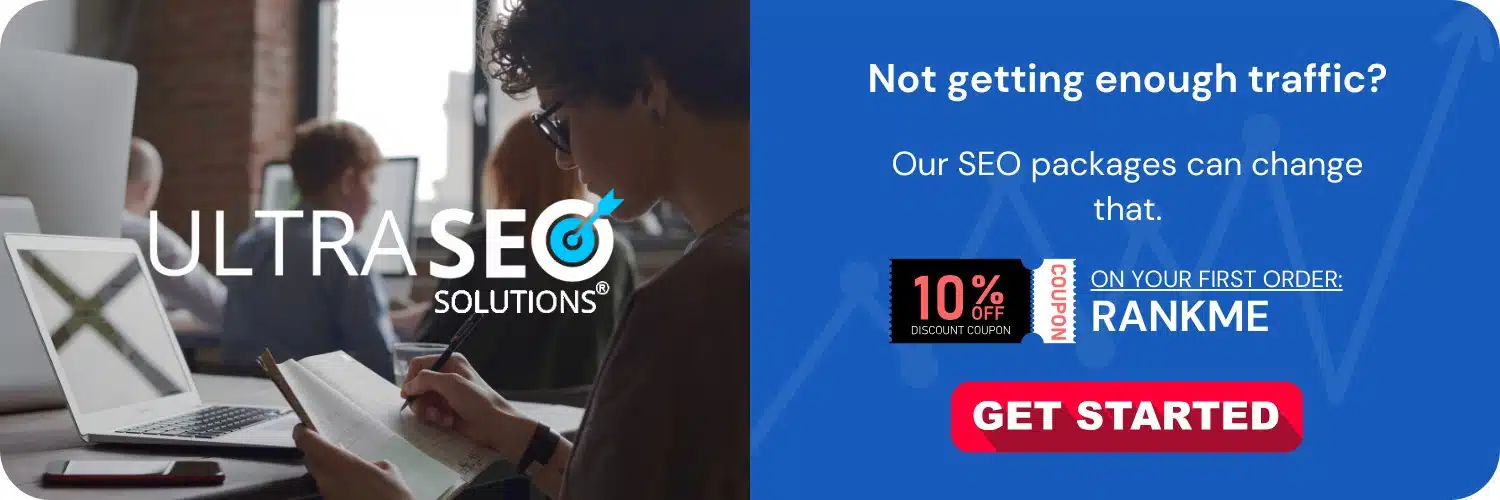
Analyzing the quality of content from an SEO perspective can be distilled into several key factors: relevance, readability, user engagement, keyword optimization, and technical SEO elements. At the heart of this process is understanding how well your content meets the needs of your audience while adhering to the best practices that make it easy for search engines to crawl, index, and rank your material.
Understanding Content Quality in SEO
Content quality in SEO is not defined by a single metric or characteristic. It’s a multifaceted concept that involves a blend of well-researched keywords, a deep understanding of the target audience, and the delivery of value through meaningful, well-written text. When we talk about high-quality content, we’re referring to material that users find helpful, informative, or entertaining—and that search engines recognize as authoritative and relevant.
The Role of Keywords
High-quality SEO content strategically uses keywords to signal to search engines what the page is about. This helps deliver the content to the right users via search results. However, keyword stuffing is a harmful practice that can lead to penalties or lower rankings. Instead, keywords should naturally fit into well-crafted content that satisfies search intent.
Engaging and Useful Content
Quality content should captivate the reader from the first sentence and hold their attention through the conclusion. This not only serves the reader well but also signals to search engines that the content is valuable—visitors spend more time on-page, and the likelihood of sharing increases.
How to Evaluate Content Quality for SEO
Evaluating your content’s quality involves a mixture of automated tools and manual assessment. Let’s explore the different elements that can guide you in judging the efficacy of your content.
User-First Approach
First and foremost, your content must be tailored for your audience. This includes using a language that resonates with them, addressing their specific needs, and delivering on what your headlines and meta descriptions promise. User experience is a significant ranking factor, and satisfying user search intent is a cornerstone of modern SEO.
Keyword Analysis and Optimization
Effective keyword usage is at the heart of SEO-friendly content. Analyzing how well your content utilizes keywords—without over-optimizing—is essential. Tools like Google Analytics, Ahrefs, or SEMrush can help in identifying the performance of your keywords in driving traffic to your site.
- Check for keyword density, ensuring it’s natural and contextually appropriate.
- Look for the presence of LSI (Latent Semantic Indexing) keywords that support the main keywords.
- Analyze SERP positions for your target keywords to understand where your content stands against competitors.
Readability and Structure
Quality content should be accessible and easy to digest for the majority of your audience. Use tools like Hemingway, Yoast SEO, or Grammarly to analyze readability. These tools assess sentence length, passive voice usage, paragraph structure, and overall readability score.
Technical SEO Elements
The technical SEO aspects of your content play an essential role in how search engines interpret and rank your pages. Key components like titles, meta descriptions, use of header tags (H2, H3), and the inclusion of alt-text for images should not be overlooked.
Engagement Metrics
Engagement metrics are vital signs of content quality. High bounce rates might indicate that your content isn’t meeting user expectations, whereas high time on page and a low bounce rate can imply that your content is engaging. Analyze these metrics through Google Analytics for insights into how users interact with your content.
Backlink Profile
A strong backlink profile suggests that your content is deemed valuable and authoritative by other website owners. Tools such as Moz’s Link Explorer or Ahrefs can help you assess the quality and quantity of backlinks pointing to your content.
Content Freshness and Updates
Search engines like Google reward content that is current and regularly updated. Checking when your content was last revised and ensuring that it reflects the latest information is part of maintaining a strong SEO profile.
Social Signals
The popularity of your content on social media, while not a direct ranking factor, contributes to the overall perception of quality. Higher social engagement can lead to higher visibility, more backlinks, and increased authority.
Gathering Actionable Insights
Using the right mix of tools and strategies, you can gather data and insights to help refine your content strategy.
Content Audits
Conducting regular content audits allows you to assess the performance of your content. Identify pages that perform well and those that require optimization or removal.
User Feedback
Encourage user feedback through comments, surveys, and interactive elements. User-generated content and direct feedback can offer unique insights into what your audience values.
A/B Testing
Test different versions of your content to see which performs better. A/B testing can provide direct insights into what changes may lead to better engagement and rankings.
Competitive Analysis
Analyzing your competitors’ top-performing content can inform your content creation process. Identify gaps in your own content and opportunities for improvement.
Advanced Analytics
For deeper insights, use advanced analytics tools to track user behavior on your site, like heatmaps and session recordings. This can help you understand how users interact with your content and identify potential areas for improvement.
Finishing Thoughts
Evaluating and analyzing the quality of SEO content is an ongoing, dynamic process. The convergence of creating content that resonates with your audience and adheres to SEO best practices is essential for content that ranks well and satisfies user intent. Keep in mind that as search engines evolve, the metrics and strategies for content assessment will also change. Stay informed, adapt your strategies accordingly, and always prioritize delivering genuine value to your audience.
Frequently Asked Questions
What is content SEO?
Content SEO refers to the process of creating and optimizing web content with the goal of improving a website’s visibility and ranking on search engine results pages (SERPs). This includes using relevant keywords, producing high-quality content, and ensuring that the content is accessible to search engines.
How can I analyze the quality of my content for SEO?
To analyze the quality of your content for SEO, you can use several approaches, including checking for keyword optimization, ensuring high readability, using tools to evaluate on-page SEO, assessing user engagement metrics, and keeping content updated and relevant.
What tools can help me analyze my content’s SEO quality?
Many tools can help you analyze the quality of your content’s SEO, such as Google Analytics, Google Search Console, Moz, SEMrush, Ahrefs, and Yoast SEO. These tools can provide insights into keywords, backlinks, readability, and other important SEO factors.
What role do keywords play in content SEO quality?
Keywords are essential in content SEO as they help search engines understand the topic of your content. Proper keyword usage throughout your content can improve its relevance and chances of ranking for those terms. However, keyword stuffing should be avoided as it can negatively impact SEO.
Why is readability important for content SEO?
Readability affects user experience. Content that is well-structured, free from jargon, and easy to read keeps users engaged. Search engines like Google use user engagement signals as ranking factors. Thus, content that is easy to understand and provides a good user experience tends to rank better.
How often should I assess and update my content?
You should regularly assess and update your content to ensure it remains accurate, relevant, and follows the latest SEO best practices. This can range from a few times a year to monthly, depending on the nature of your content and industry changes.
What are some common mistakes to avoid in content SEO?
Common mistakes in content SEO include ignoring keyword research, producing low-quality or duplicate content, neglecting mobile-friendliness, overlooking metadata optimization, and failing to use internal and external links effectively.
How do user engagement metrics influence content quality for SEO?
User engagement metrics, such as bounce rate, time on page, and pages per session, can provide insights into how visitors interact with your content. Search engines use these metrics as indicators of content quality and relevance, which can impact your search rankings.
Can social signals affect my content’s SEO quality?
While social signals (likes, shares, comments) are not direct ranking factors for search engines, they can indirectly affect SEO. High social engagement can lead to increased visibility, more traffic, and, potentially, more backlinks, all of which can improve SEO.
What importance does mobile-friendliness have in content SEO?
Mobile-friendliness is crucial for content SEO since a significant portion of online users browses the web on mobile devices. Search engines like Google prioritize mobile-friendly content in their rankings. Ensuring your content is responsive and loads quickly on mobile devices is essential for good SEO.
Should I consider the intent behind search queries when creating content?
Understanding the intent behind search queries is key to creating relevant and targeted content. There are different types of search intent, including informational, navigational, transactional, and commercial. Aligning your content with the user’s intent can greatly improve its SEO quality.






